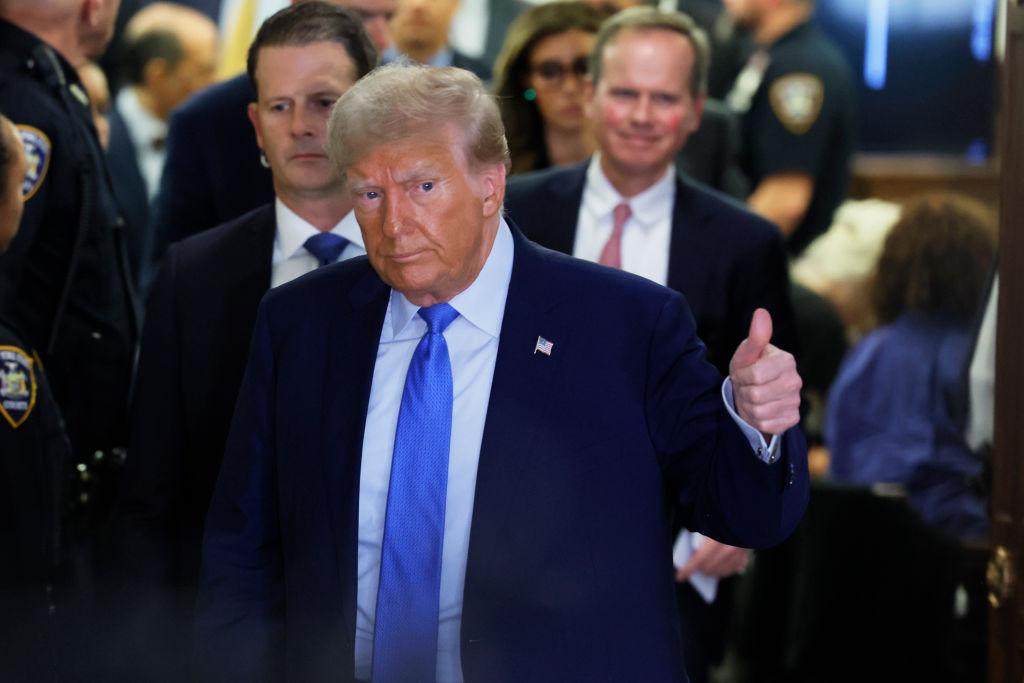The Minnesota Supreme Court rejected a lawsuit that sought to keep former President Donald Trump off the state’s Republican primary ballot on Wednesday, after having heard arguments on whether they should take the case.
In a brief opinion and order written by Minnesota Supreme Court Chief Justice Natalie Hudson, the justices said the petition was dismissed without prejudice.





